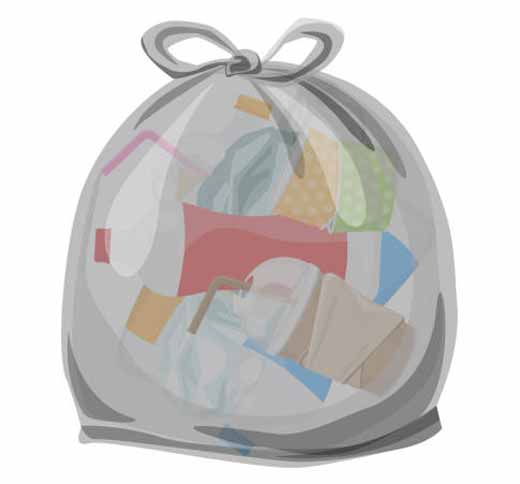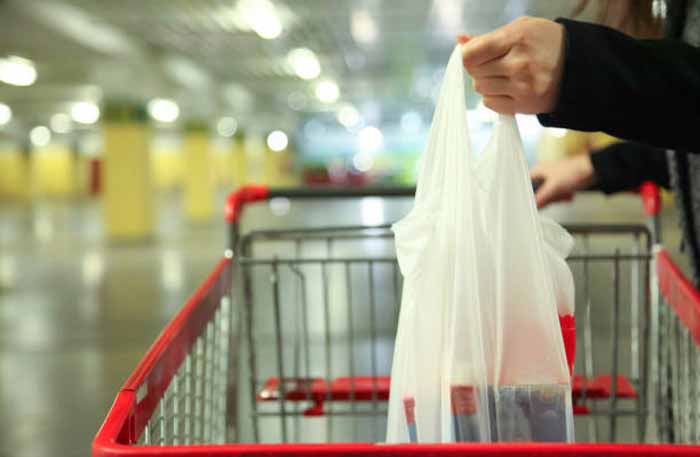Among the most important questions that consumers ask when purchasing plastic bags are: are they recyclable? How durable are they? Is their convenience worth the cost? What is their value, and how do we know if we should keep using them? Let’s answer these questions in this article. In the end, the answer will surprise you. Here are some surprising facts about plastic bags:
Recyclable

Recyclable plastic bags can be separated from other materials during recycling. This process may involve using float-sink sorting or a high-tech infrared solution. However, recycling regulations in different regions vary. If you live in an area where recyclable plastic bags are not accepted, follow the instructions provided by the recyclers to make the process more convenient. Once recycled, these plastic bags can be turned into useful goods.
Durable
There are several different types of durable plastic bags. These bags have been designed with the chef in mind and are FDA approved for food service, storage, and handling. They are also excellent for storing bulk food components and raw materials, as well as kitchen cleaning supplies. These bags are made of LDPE, or low-density polyethylene, which is a first-grade polyethylene resin. They can withstand up to 50 kg of weight and have excellent tensile strength and elasticity.
Convenient
Single-use plastic bags are ubiquitous, but their negative impact on the environment is often overshadowed. Not only are they unsustainable, but they also clog storm drains and gutters, causing flooding. Not to mention, they’re breeding grounds for disease-causing bacteria and insects. In recent years, cities like St. Louis have faced severe flooding problems due to their use. However, if you’re considering a plastic bag boycott, here are a few reasons to reconsider the use of this common item.
Cost
How much do plastic bags cost? To calculate the cost of plastic bags, add the cost of materials and labor to a standard metric, and multiply the total by the number of bags used. Market forces determine the price of products, so the cost of plastic bags should fluctuate based on supply and demand. To encourage consumers to buy reusable bags, many stores offer these products for free. But, why are they so expensive? Listed below are some reasons to avoid plastic bags and invest in reusable ones.
Environmental impact
While many people don’t realize it, plastic bags have a negative impact on the environment. Large quantities of plastic shopping bags have clogged local drainage systems, and in extreme rainy seasons, plastic bags have been blamed for flooding. They are also a health hazard for human populations as they leach toxins into water supplies. The following are some of the reasons why plastic bags are harmful to the environment.
Scrap value
In 2011, the Institute of Scrap Recycling Industries Inc. held the first-ever Commodities Roundtable Forum to discuss the scrap value of plastic bags. The aim of this forum was to discuss the recycling practices of the industry and identify opportunities to increase scrap value. Plastic bags, which are commonly thrown away, can be turned into valuable commodities if the right practices are followed. Recycling and composting efforts are also vital for protecting the environment. However, many people don’t know that they can turn plastic bags into valuable scrap.
